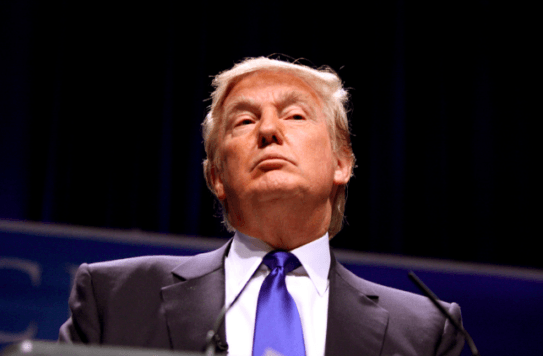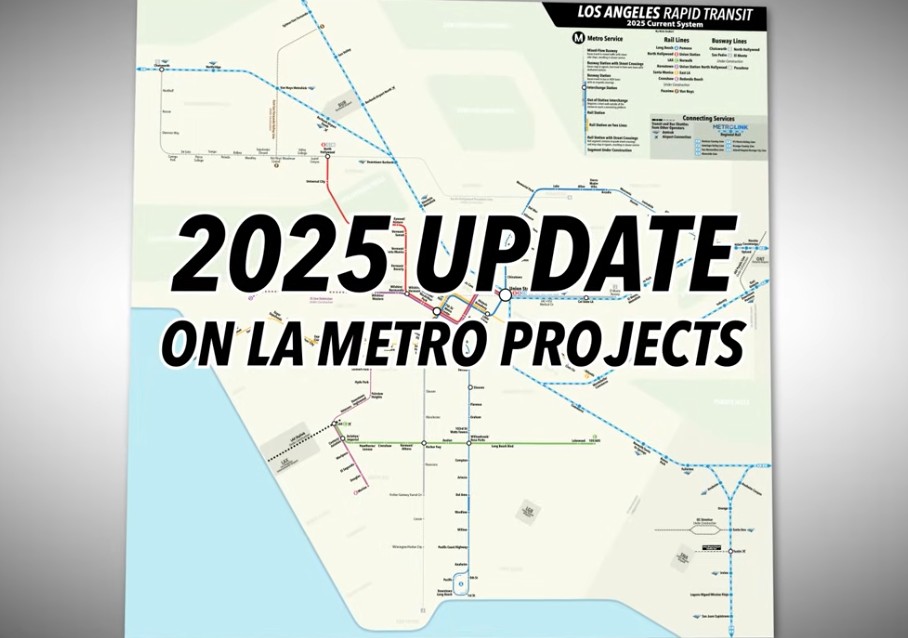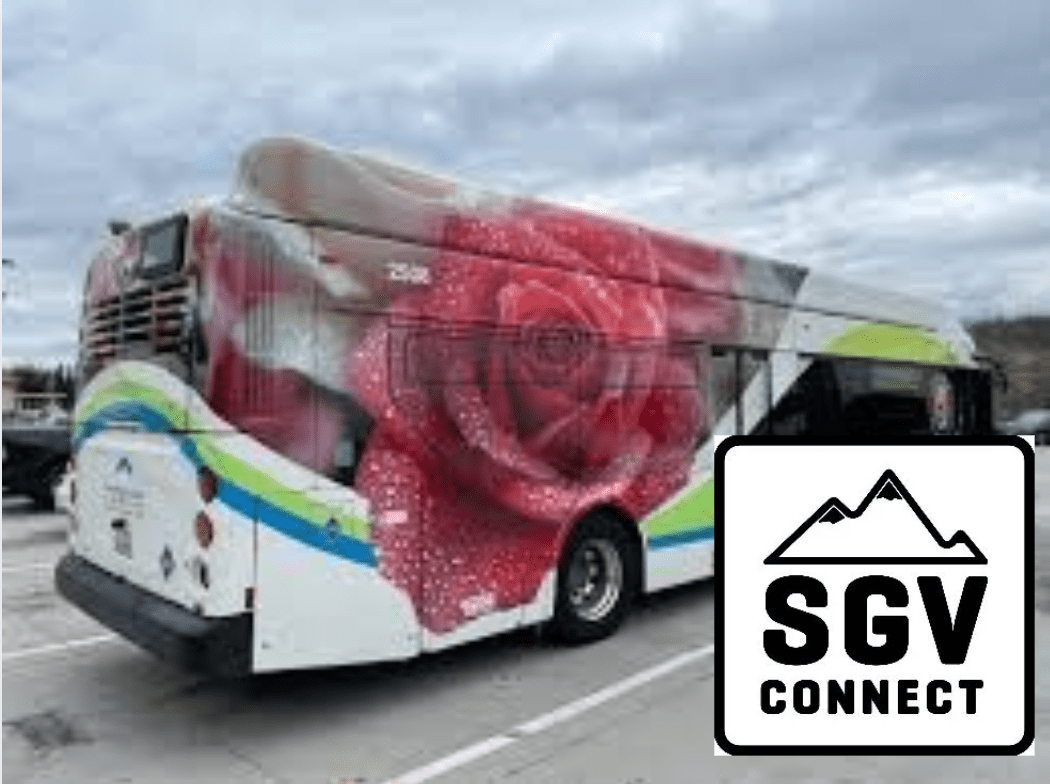Donald Trump's first budget will follow a blueprint for extreme spending cuts laid out by the Heritage Foundation, the Hill reports. That could spell disaster for cities, since Heritage recommends eliminating federal support for transit.
Trump's budget won't be released for a few more weeks, but according to the Hill, it will draw heavily from a Heritage policy document that calls for taking an axe to conservative targets like the National Endowment for the Arts and the Corporation for Public Broadcasting [PDF]. Of course, Heritage wants to put transit on the chopping block too.
Republicans have tried to pass draconian budget measures like this before, and they haven't succeeded. As recently as 2015 there wasn't enough support within their own party for a similar budget that was proposed in the GOP-controlled House and failed, 132 to 294. In 2012, the Republican House majority couldn't muster the votes to pass a transportation bill that would have removed the guarantee of federal transit funding.
With a new president and unilateral Republican control of Washington, however, believers in slash-and-burn budgets are clearly emboldened.
Here's how Heritage wants to gut federal support for transit and rail -- these are the programs that Americans who support transit may soon have to defend.
"Phase out" the Federal Transit Administration -- $4 billion annually
In Heritage's worldview, highways are a national concern but transit is not, therefore the federal government should contribute nothing toward transit. The proposal calls for the 20 percent of federal surface transportation spending that currently goes to transit agencies to be eliminated over five years. There would be no real savings, because the money would simply get spent on highways instead.
Heritage says this would give local governments time to come up with replacement funds. In reality, it would plunge transit agency budgets into chaos, disrupt services that tens of millions of Americans rely on, and wreck the economies of major metropolitan areas.
Eliminate major capital investment in transit -- $2.2 billion annually
The FTA's New Starts program is the largest source of capital funding for major transit expansion projects. Heritage notes that it was "used" by the Obama Administration "to advance its 'smart growth' (read: anti-driver) agenda."
If this policy is ever enacted, plans to expand light rail, bus rapid transit, commuter rail, or subways -- not to mention critical repairs to the nation's largest urban rail networks -- would be in mortal jeopardy. Huge highway expansions, meanwhile, would continue to receive a federal match covering at least 80 percent of construction costs.
Eliminate funding for Amtrak - $519 million annually
Heritage calls for eliminating operating subsidies to Amtrak immediately, and phasing out capital subsidies over five years. The irony is that Amtrak's Northeast Corridor service turns a profit, while the operating subsidies prop up a lot of service to far-flung, less populated areas. Cutting the subsidized portion of Amtrak operations isn't actually popular with GOP lawmakers representing those parts of the country.
Eliminate funding for TIGER - $510 million annually
The TIGER program represents a small share of federal transportation spending, distributing about 50 grants per year directly to local governments and transit agencies. TIGER has funded a large number of bike, pedestrian, and transit projects, like the Indianapolis Cultural Trail and the Tampa Riverwalk.
In her confirmation hearing last week, prospective Transportation Secretary Elaine Chao said TIGER was popular with representatives and indicated she would look into expanding funding.
But to Heritage, if you can't drive on it, the feds shouldn't be funding it. One TIGER project Heritage singles out is a $10.3 million grant for complete streets in Lee County, Florida. Just this month that part of the state was named the most dangerous metro area in the nation for walking. Heritage refers to the project as a "'Complete Street Initiative' (read: more congestion)."
Eliminate subsidy for WMATA -- $153 million annually
The DC transit agency is already in a budget crisis, and painful service cuts are on the way. WMATA is also in the midst of a major Metro repair and maintenance program to prevent critical safety failures that have recently plagued the system. The sudden loss of federal funding would put the agency in a tailspin and potentially cripple the nation's capital.







